Richard J. Hostetter Collection
Books on political movements in Italy, during the 1950s- and 60s. The collection consists, inter alia, of books from Hostetter's time at the Padua Study Center, established 1963–1964.
About the collection
Hostetter was a professor of modern European history at the University of California, with a special focus on contemporary political movements in Italy. He worked in Italy for several years in the 1950s and 60s, among other things as head of the Padua Study Centre. The book collection stems from this time, in its capacity as working materials for Hostetter's research and teaching. Among the notable works in the collection is his own 1958 monograph, The Italian Socialist Movement. Origins, 1860–1882, as well as many other titles concerning the political history and development of Italy.
Hostetter did not merely work to document fascist movements in the wake of the Second World War, but also had a political agenda that sought to be operative and sway the course of history, as well as document it. His presence in Italy also benefited his contacts within the intelligence agency, and he applied his knowledge of social science and political history in order to actively control and create various networks that could promote his political efforts.
Acquisition history
The collection was likely donated to the Gothenburg University Library in the late 1980s, either by Hostetter himself or by his Swedish wife Anita.
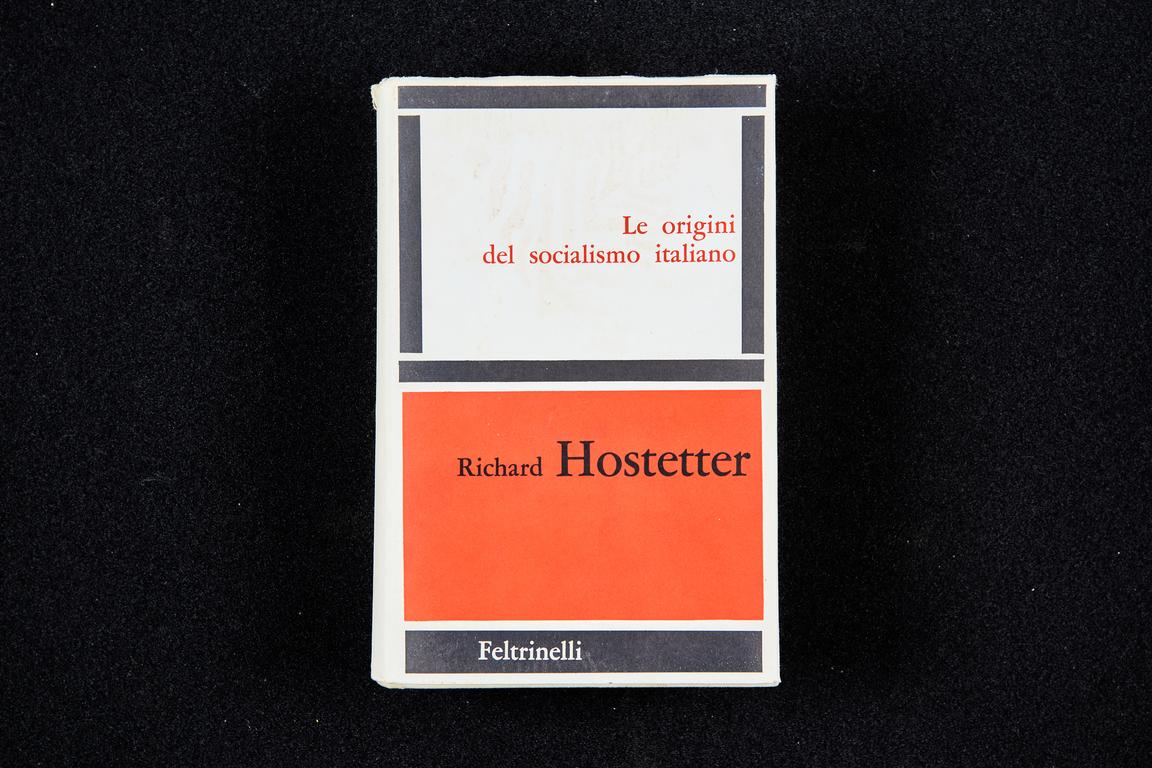
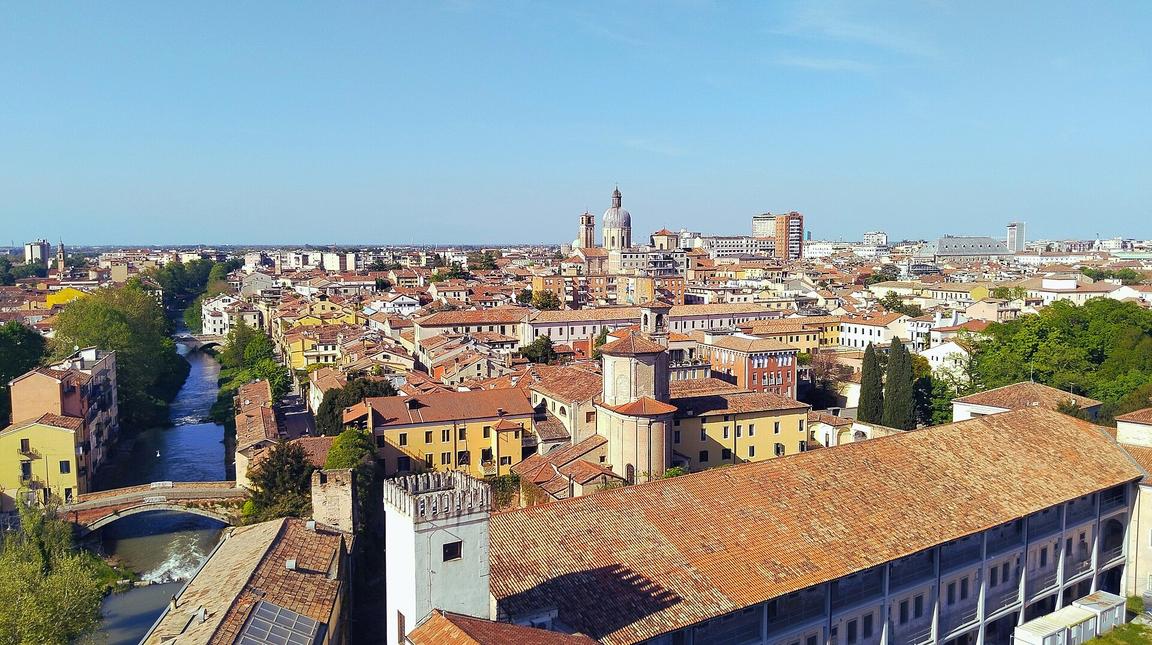
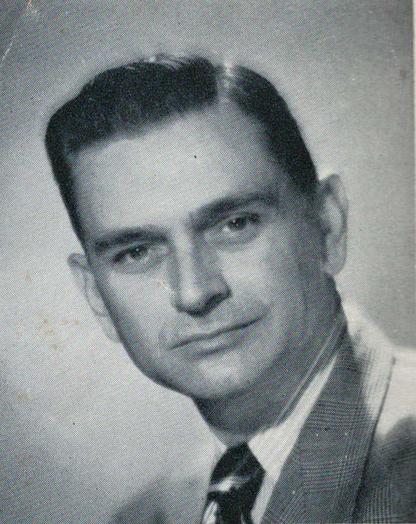
Access the collection
The collection is held in the closed stacks at the Humanities library. It is available for reading room use only.
Catalogue
The collection awaits cataloguing. The database post denotes the collection as a whole.
In Libris
In Supersearch
Humanities library
Renströmsgatan 4
405 30 GOTHENBURG
Phone: 031-786 17 45
Text:
Anna Lindemark
Biography
Richard Jerome Hostetter (1913–1987) was born in Marion, Ohio, the youngest of four siblings and the son of Joseph Edgar Hostetter (1875–1963?) and Jeanette Margaret Stebuer (1884–1962). There is a rich biographical source material on the family, not least the father, farmer and man of many varied pursuits, J. Edgar who, much like his brother, police constable Jerome Hostetter, led a motley life and featured in the local press from time to time. Two of Richard's siblings, Grace and Robert, died in childhood, both from appendicitis.
Richard Hostetter enlisted as NCO in the US Navy in 1943. Among other places, he was stationed in Brisbane, Australia, and returned to the States in 1945, presenting his thesis at the University of California in 1947. From 1953 to 1962 he worked in Rome as a researcher, political advisor and CIA agent. Here, he wrote a number of articles as well as the book mentioned above, on emerging socialism in Italy. He was recalled to the US for security reasons, but returned to Italy in 1969, this time to Padua, to head the research centre there for several years.
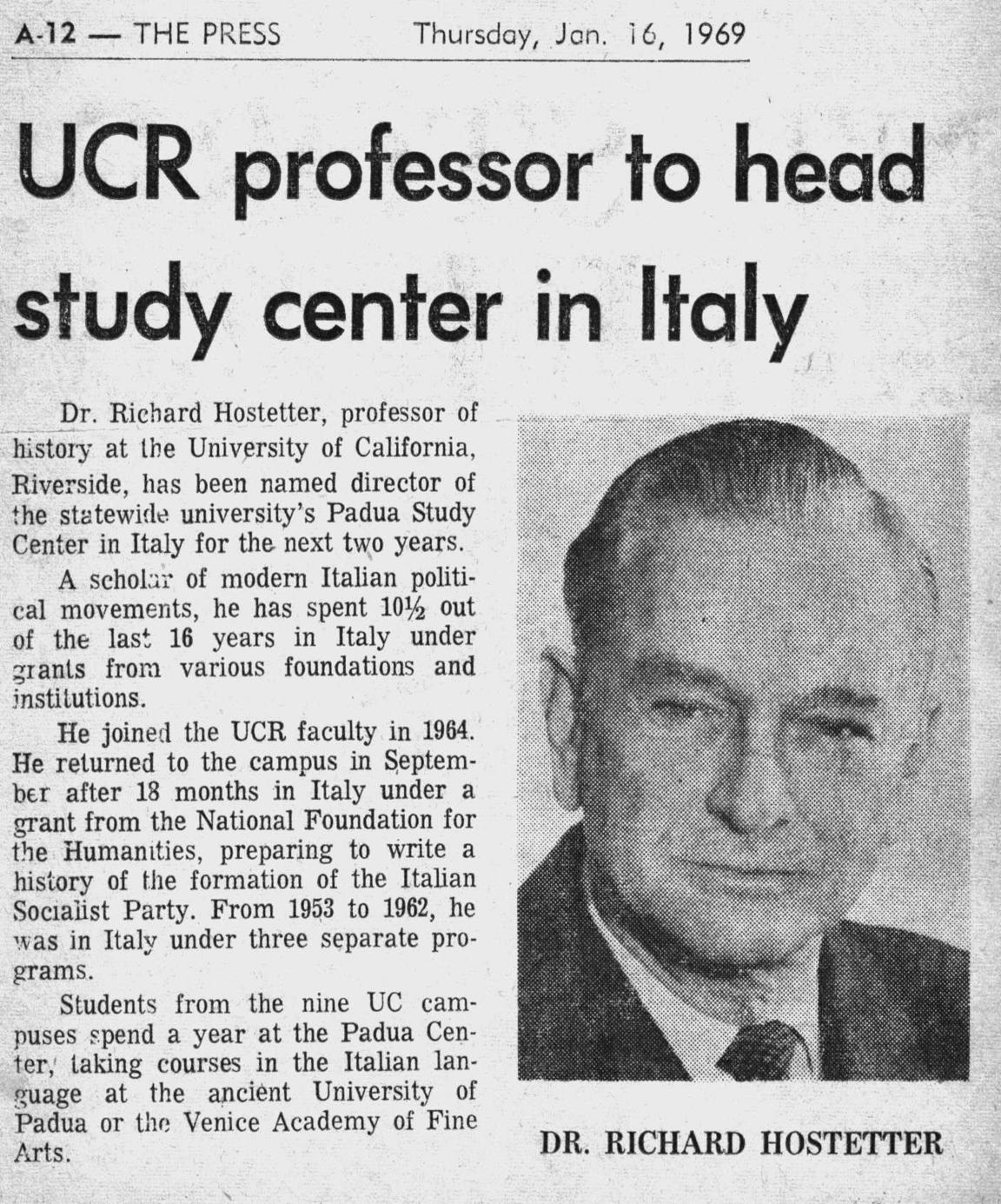
Through his third marriage, Hostetter formed ties with Sweden, and came to reside in Gothenburg in his later years. Compared to his colourful family history, partially touched upon in an as yet unpublished autobiography written by his wife Anita (née Markenstam), the book collection comes across as a comparatively low-key element of his past. As one of the special collections held by the university library, it constitutes an example of faraway and, at times, surprising contacts. It also serves as a complement to the Ibero-American Collection, which includes, among many other things, materials on political movements in Spain.
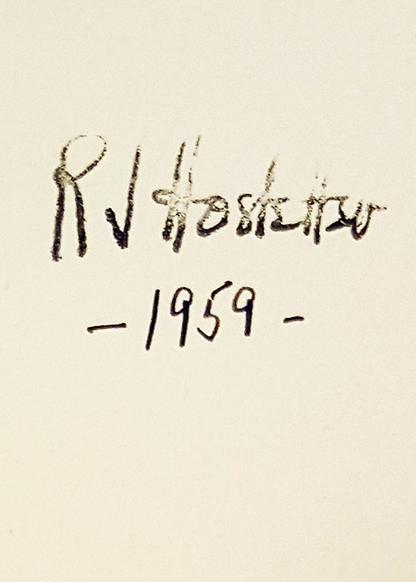
Read more
- Carter, Nick, Modern Italy in historical perspective, Bloomsbury Academic, London, 2009
- Gilbert, Mark, Italy reborn: from fascism to democracy, Allen Lane, an imprint of Penguin Books, London, 2024[2024]
Suggested research topics
- An overview of the collection's contents. What is represented here, and how does it mirror the time and context of the material?
- Biographical research
- Comparative studies of other similar collections of literature on political history.
- Further studies on political movements in Italy after the Second World War.
- CIA methods of operation during the Cold War.
- Postwar propaganda in Italy and elsewhere.
Please contact us if you have any suggested research topics you would like to share!